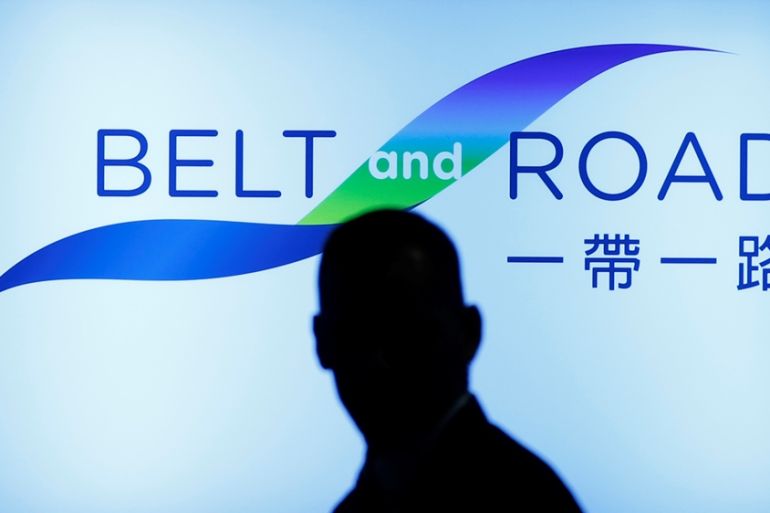Italy withdraws from China’s Belt and Road Initiative, reports say
Italy PM Giorgia Meloni opposed participating in plan viewed by many as Beijing’s attempt to buy political influence.

Italy has withdrawn from China’s Belt and Road Initiative (BRI), more than four years after becoming the only Group of Seven (G7) nation to sign up.
After months of uncertainty regarding Italy’s involvement in the ambitious project, Rome conveyed its decision in a recent letter to Beijing, news agencies Reuters and AFP reported on Wednesday.
Keep reading
list of 3 itemsChina touts ‘Belt and Road’ to Italy amid growing doubts in Rome
Biden mulls US rival to China’s Belt & Road in Latin America
The Belt and Road plan proposes massive investments in infrastructure such as roads, bridges and ports to recreate the ancient Silk Road trade routes linking Europe and Asia.
Critics have cast the scheme as a vehicle for Beijing to expand its geopolitical influence, including by saddling poorer countries with unsustainable debts.
“We have every intention of maintaining excellent relations with China even if we are no longer part of the Belt and Road Initiative,” an Italian government source said.
“Other G7 nations have closer relations with China than we do, despite the fact they were never in [the BRI],” he added.
The long-anticipated decision was communicated to Beijing three days ago, according to Italian newspaper Corriere della Sera, which first reported the withdrawal.
In 2019, Italy became the first major Western nation to participate in the programme, despite US concerns about China gaining control over crucial technologies and infrastructure.
Nevertheless, Italian Prime Minister Giorgia Meloni, who took office last year, expressed a desire to withdraw, citing the lack of substantial benefits for Italy.
The 2019 agreement is set to expire in March 2024, with automatic renewal unless Rome provides three months’ written notice of withdrawal.
However, Rome has been wary of provoking Beijing and risking retaliation against Italian companies.